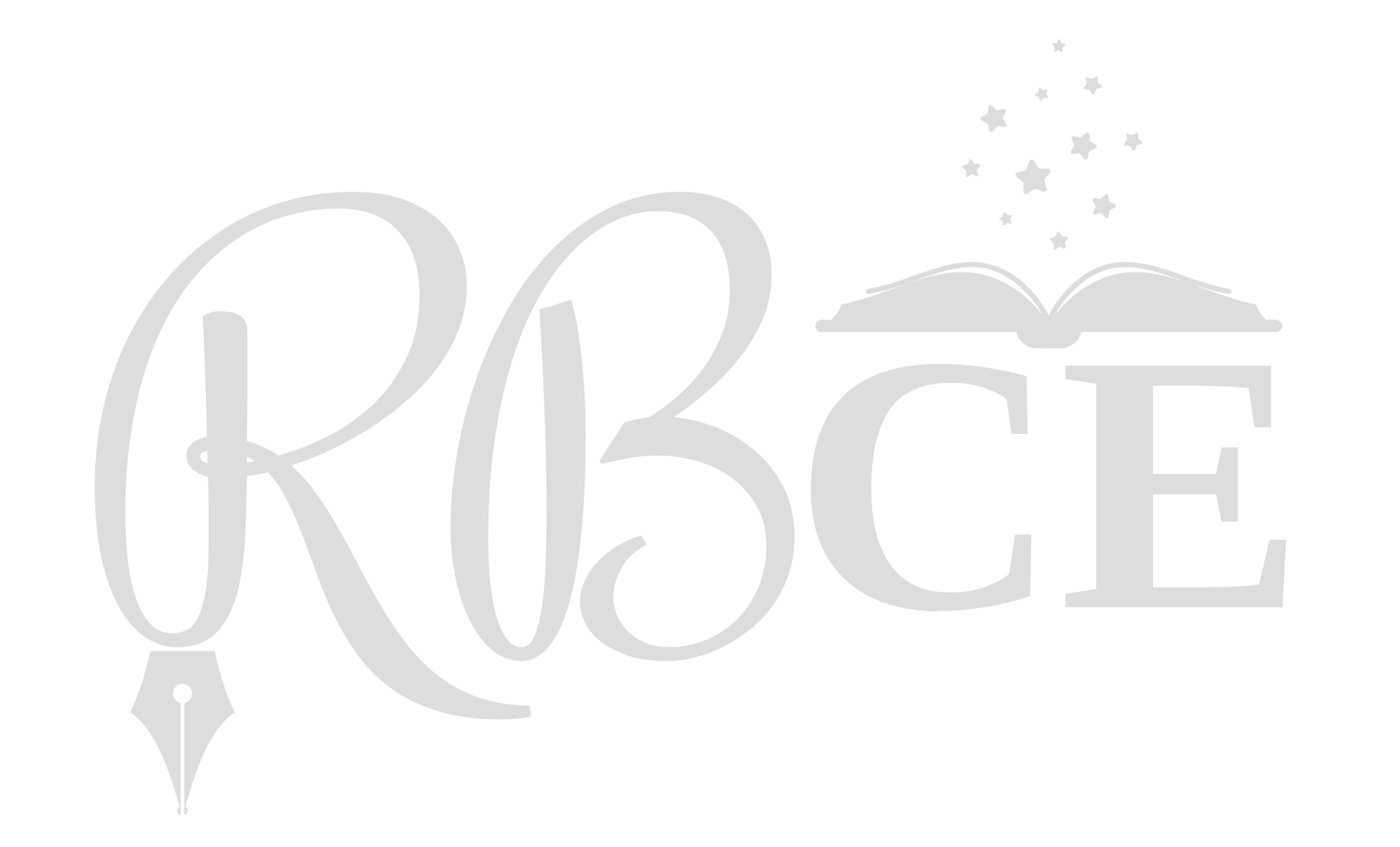All Novels Need World-building (Part 1)
Even when you don’t design a new world for your novel, you need to think about world-building. Your setting might be the real world, but maybe the town is fictional, you’re adding or changing parts of a real city, or you’ve never visited that location. Readers want their stories to be believable, and that requires world-building.
Your novel doesn’t need explicit details about each topic. However, you, as the author, should understand these aspects of your world so you can provide enough details to enrich your story, make your world come to life, and make it more believable for the readers.
I cover four generic world-building elements in this two-part series. Today features geography and rules.
GEOGRAPHY
Readers want to believe your setting could be real. Geography helps make that happen through landscape, climate, and weather patterns. What size is your city? Is your story set in the mountains, along a coast, near a forest, or somewhere else? Does your city receive lots of rain, no rain, some snow, all the seasons? By answering these questions, you make your story more convincing. If you haven’t visited your setting, research the climate and weather. If you’re creating a fictional city, research or visit similar ones.
Geography also involves the physical layout of your setting. Characters move constantly between locations. You need to know the relationship between every place the characters visit. Vague distances work as well as specific ones. The point is to ensure a character doesn’t take twenty minutes to travel from home to work now and five minutes later. If the bakery and the bookstore are always next door to each other, layout ensures they stay that way.
Consider drawing a rough map. It helps you visualize geography and layout, whether or not you include the map in the novel. Buildings can be square shapes. The point is for you to know where each location is and how far they are from other locations.
RULES
Rules are important for everything. Stories, grammar, science, societies, even nature. You don’t need to state all the rules in your novel, but you need to know them if you’re going to break them. That way, you’re breaking the rules on purpose.
Consider your story’s governance or law enforcement. What’s the hierarchy? Who’s in charge and what terms are used? In a mystery, does your city have a sheriff, a constable, a detective, or someone else? In a fantasy, do you have a spymaster, a captain, a council, or someone else?
Magic and paranormal characters always have rules. What abilities exist? How powerful are characters? Who can have magic? What are the limitations on the powers and on individual characters? Define how your magic works. Every action must follow these rules unless you provide a very specific reason why they don’t or why they evolve.
That's it for today. Stay tuned for the final part in two weeks!




